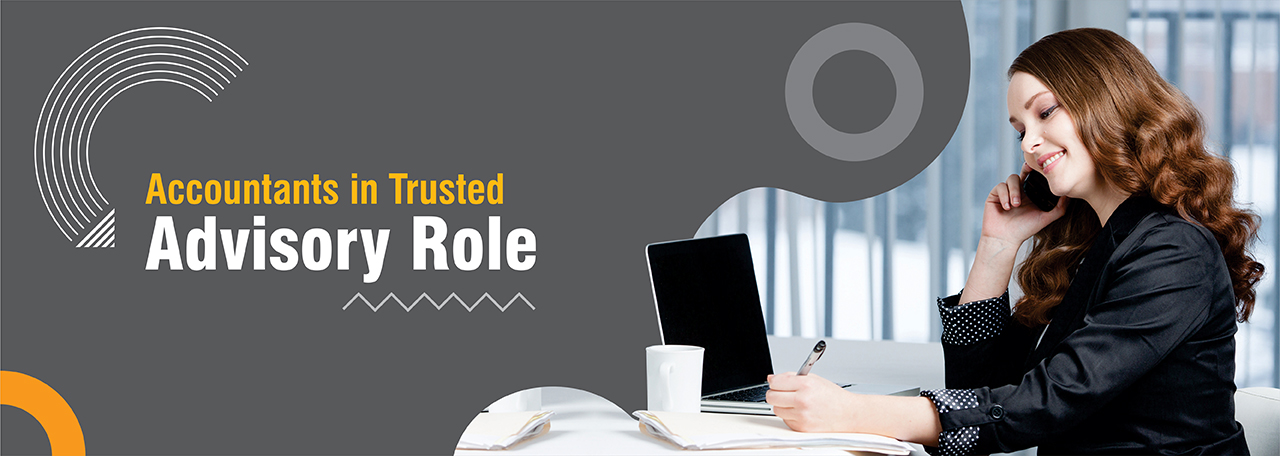Association of Certified Digital Accounting Professionals (ACDAP) as MTD compliant realises that new MTD systems taking the heavy lifting out of processing, firms should be able to think their resources on increasing their roles as trusted advisors. Accountants required to be sure that they can add value to their clients’ businesses. In 2018, self-assessment – once the annual difficulty of most accountants will start to disappear. Income for larger businesses is to be reported quarterly as four separate updates to HMRC’s system. This provides four opportunities a year to meet with clients and discuss potential tax planning opportunities, using real-time data from that quarter. In fact accountants should be able to provide advice throughout the year. Real-time data will be the foundation of tax planning if we can have more regular contact and give more advice on a regular basis that would create a much better outcome.
ACDAP qualifications are internationally recognised, meeting the needs of employers, government and learners, both now and in the future for the purpose of the digitisation of accounts. ACDAP qualifications equip learners with real work scenarios for all accounting practices including digital accountancy & the MTD.
ACDAP suggests that those who invest in systems and technology will cope better with the required changes than those who resist the tide. There is real liberty for those who adopt the new ways of working for HMRC. Therefore, ACDAP is at a point of unique chance to build closer relationships with training providers. It is time to get more involved in MTD and this should improve devotion to our profession simultaneously.
The first big milestone was 1 April 2019, when MTD gone live for VAT. If you haven’t already started thinking about preparation, now is the time – it’s best to have a quarter or 2 of experimentation so you get it right from April.
The Cloud Accounting
ACDAP’s MTD qualification is inclusive of the training of cloud accounting software which is similar to traditional, on-premises, or self-install accounting software. All application functions are performed off-site, not on the users’ desktop. In cloud computing, users access software applications remotely through the Internet or other network via a cloud application service provider. Using cloud accounting software exempts the business from having to install and maintain software on individual desktop computers. Cloud accounting solutions allow employees in other departments, remote or branch offices to access the same data and the same version of the software. Cloud computing has an intense impact on the accounting sector also, in other words, it is complete shift from the current scenario.
ACDAP has already realised the importance of the Cloud Accounting and their qualifications have embedded the cloud accounting software like Sage, QuickBooks, SAP, SAPA, SAGE Compliance, Excel, Xero and Sage One etc. have a variety of functionalities beyond/including the bookkeeping solutions. Cloud-based solutions are similar to small business platforms, provides with an all-in-one solution. A large number of applications connect to the main bookkeeping solution concentrating on workflows like data entry, project management, reports etc.
Role of Accountants
ACDAP analyses that the accountant will continue to manage tax return and accounts preparation, but the process will change because you’ll need to provide computerised information more frequently. This means businesses need to change their mindset, thinking about providing financial data in a continual stream digitally rather compiling it for the accountant a couple of times a year.
Particularly as VAT is the first tax to get the MTD treatment. Especially for SMEs, there’s a culture around the shoebox of receipts, which you then give to your accountant to process at regular intervals. Digital VAT requires a process change. You will be required to use approved software to maintain digital transaction records with the amount, date and category.
ACDAP provides guidance for invoicing which is another area that will need attention. Again, providing information to HMRC more regularly means invoicing more quickly – and making sure your accountants have access to this information. A cloud-based accounting system makes this easy because you can give your accountant access to view invoices issued.






















